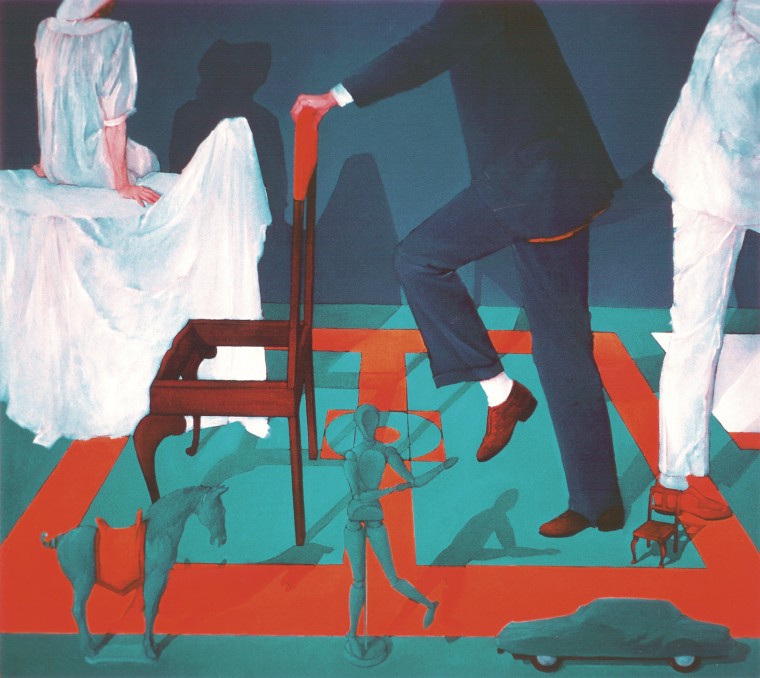
CRO
Will croton be the one to survive
without a name, without even
a dimly remembered dream?
Even as children we held fragments
which may have been figments,
residue we thought from infancy:
a shred of blue, a name without a face,
red fingernails against a black driveway
and yellow roses against white clapboards,
a weathered post and a drop of blood,
tricycles and tiaras, sprinklers and darts,
all pieces of a puzzle left in the rain on the edge of a dump—
memories we said to retain in heaven,
the only remnants of earth life.
We grew up and could no longer believe,
not even in each other
and who knows but I lose you in degrees
a little bit more each warming year
until your Croatoan and my garden
are edged out both
by the purest green.
_______________
Mark Kerstetter
Review by Michael Derrick Hudson
Writing about the past is, of course, one of poetry’s great themes. The problem is, of course, how to “make it new” after 2000+ years of other poets taking a whack at it. Mark Kerstetter, in his wonderful “CRO,” takes a whack at it and hits it out of the park. The title was a bold move—at first I thought “Cro-Magnon Man,” but no, it is that enigmatic message found carved into a tree, the only trace of the Croatoan colony of English settlers that disappeared into the Virginia forest in the 17th century, the first, but not the last, time this continent has swallowed up its would-be explorer and colonizers.
Kerstetter takes this enigmatic moment and makes it his own. No histrionics, no overkill, he just gets the job done. Those roses against the white clapboard should not work (too pretty, too Cracker Barrel Americana), but it does work because bigger things are happening here (and those “red fingernails against a black driveway” are so weird and wonderful in the line before). This poem is a great example of how you can get away with anything if the poetic conceit is strong enough. The sentimental transcended—Philip Larkin was a master of this sort of thing and it just doesn’t get much better than Larkin.
